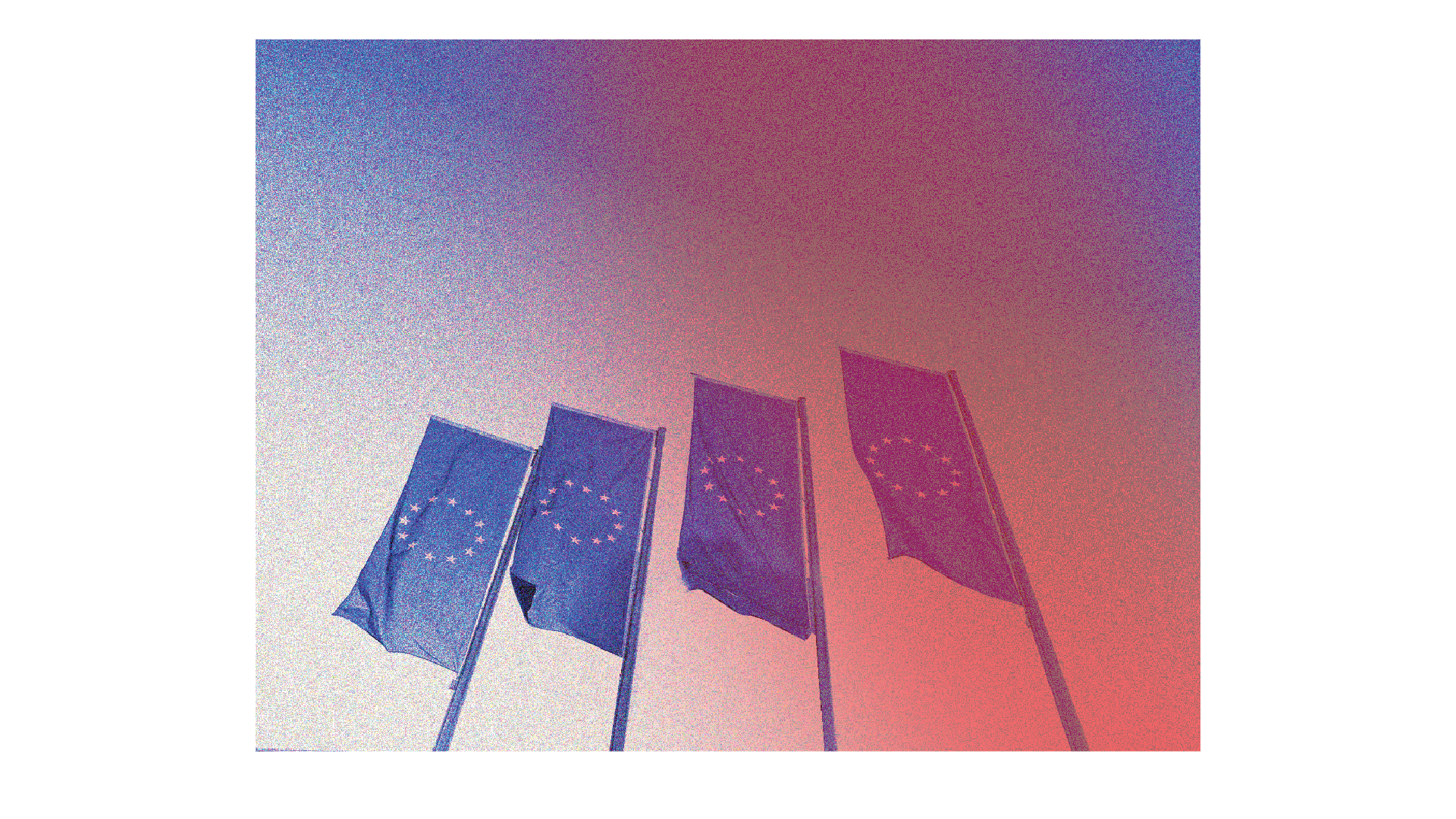
Why do we need the European Political Community?
Since 9 May 2022, when French President Emmanuel Macron voiced his proposal for the first time, a new political framework has been taking shape in the European landscape. Macron’s idea was not entirely new, as it resembled the French president’s socialist predecessor François Mitterrand’s blueprint for a European Confederation and former Italian Prime Minister Enrico Letta’s proposition for a somehow similar organisation. But it has been Macron’s proposal to see the light and materialise in the European Political Community (EPC).
For the non-professionals of European politics and international organisations, the EPC – starting from its not-very-original name – can be puzzling, to say the least. Why do we need yet another European organisation in the already crowded European institutional scene? Was the EPC truly necessary? What does it have that the others don’t? And what will it actually do?
To be completely honest, even the professionals of European politics are still to a certain extent struggling with these questions. Macron’s proposal was somehow vague and, even if since May 2022, three summits have already been organised (in Prague, Chisinau and Granada) and another one is planned to take place in the UK in spring 2024, there are no univocal answers to those questions.
For sure, and unlike the name could suggest, the EPC has nothing to do with the European Union.
Certainly, the two international entities partly overlap, as all the EU member states have joined the newborn community, but the geographical extension of the EPC is much broader – it potentially involves all the countries on the European continent from Iceland to Azerbaijan, including Turkey and excluding Russia and Belarus – and the criteria for membership are very loose.
On the one hand, the wider geographical dimension of the EPC (47 states attended the second summit in Chisinau last June) is a good reminder for the EU that there is a Europe that goes beyond the Union’s borders, with distinct interests and dynamics. On the other hand, the lack of strict membership criteria (such as democratic standards or respect for the rule of law) makes possible the participation of states whose democratic record is not precisely striking (such as Serbia, Turkey or an EU member as Hungary), therefore creating a forum for discussion for all European states, regardless of their political tendencies or their relations with the EU.
Given these premises, what is then the glue that may keep these states together? Macron’s idea was formulated a few months after the Russian invasion of Ukraine and showing unity in the European continent against Russia was the goal that moved the French president in the first place. The existence of a common enemy (toward which the level of animosity varies) is not reason enough to keep so many states together in the long term. Therefore, besides the pressing geostrategic and security issues, the EPC aims to become a forum to discuss, at the leadership level, other common challenges, from migration to infrastructure, from energy to connectivity. Perhaps more importantly, it offers the opportunity for sometimes difficult bilateral or ‘minilateral’ meetings among ‘countries at odds’ (such as Armenia and Azerbaijan).
So far, the preference has been to maintain a loose organisation without a permanent structure (it doesn’t even have a website), in order to preserve its flexibility. If this on the one hand is an asset, on the other, it may, in the long term, turn into a flaw. Another issue, on which a compromised position will need to be found, is the role that the EU will play within the EPC. As mentioned above, the EPC includes all the EU member states and many of the topics that it wishes to tackle fall within the competencies of the Union. To keep the two bodies entirely separated is therefore not possible. Yet, there are countries – such as the UK – that do not want to see, and legitimately so, the EU acquire a prominent position in the EPC. But will it be possible and advisable for the EU to remain ‘estranged’ given its size, international role, and political and economic power?
The EPC is currently the object of study and reflection of many observers and think tankers, and the topic for debate in European capitals and in Brussels. It will take shape gradually. However, whether the European leaders will continue to be interested in this new format and consequently whether the European Political Community is here to stay are two questions very difficult to answer.
The article was originally published on NEWS 24/7 on December 5, 2023.
